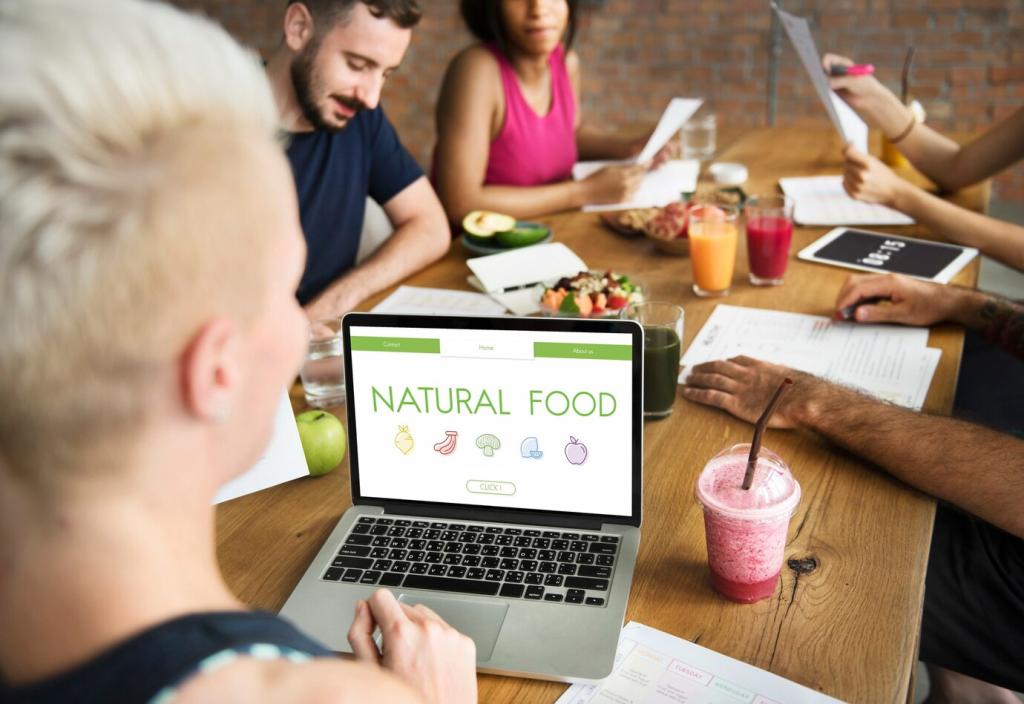
Harnessing Online Tools for Eco‑Education
Chosen theme: Harnessing Online Tools for Eco‑education. Let’s unlock the power of digital platforms to spark real‑world environmental learning and action. Subscribe for weekly toolkits, share your favorite resources, and tell us what you’ll try first.
Citizen Science: Turning Curiosity into Collective Ecological Insight
Hand your learners a smartphone, step outside, and begin documenting life. iNaturalist and eBird transform casual encounters with plants and birds into data points used by scientists. Invite students to reflect on patterns and ask better questions together.
Citizen Science: Turning Curiosity into Collective Ecological Insight
Pick a park, set a two‑hour window, and challenge families to record as many species as possible. Share a simple guide and safety tips, then celebrate discoveries online. You’ll be amazed how quickly reluctant participants become enthusiastic naturalists.
Trace rivers from source to sea, overlay wildfire burn scars, or examine seasonal snow cover. Students can annotate routes and compare layers, building a narrative about water, land, and climate. Encourage them to submit a screenshot with one surprising observation.
Virtual Field Trips: Explore Ecosystems Without the Bus
Use historical imagery to watch coastlines shift and forests rebound. A coastal class once mapped mangrove expansion after restoration efforts, inspiring a local cleanup. Ask learners to choose a place they love and share its decade‑long visual story.
Virtual Field Trips: Explore Ecosystems Without the Bus
Interactive Simulations: Practice Climate Decisions Safely
Adjust carbon pricing, renewables growth, or reforestation and watch global temperature projections change instantly. A teacher in Lisbon reported students revising assumptions mid‑session. Encourage your group to post a screenshot of their best pathway.


Interactive Simulations: Practice Climate Decisions Safely
Use city planning simulators or simple spreadsheets to test bus lanes, bike networks, and parking policies. Compare emissions, equity, and cost. Invite readers to share one policy they would champion after seeing real numbers and modeled trade‑offs.


Community Platforms: Build an Eco‑Learning Network
Create channels for citizen science, policy news, and local events. Pin starter guides and set a weekly question. Encourage newcomers to introduce themselves with one environmental curiosity they want to investigate this month.
Community Platforms: Build an Eco‑Learning Network
Invite a waste auditor, soil expert, or bird bander for a one‑hour Q&A. Collect questions in advance, record the session, and summarize key takeaways. Ask subscribers to suggest the next guest and vote using quick emoji reactions.
Microlearning and Daily Eco‑Challenges
Offer daily prompts: identify a backyard insect, compare two product labels, or measure shower time. Small wins accumulate quickly. Invite subscribers to post their favorite challenge and nominate a friend to try it tomorrow.



Open Data and Visualization: See the Picture, Change the Story
Combine deforestation alerts with local policy timelines. Students can annotate notable spikes and hypothesize causes. Ask readers to share one map layer combo that changed their perspective on a familiar place.
Open Data and Visualization: See the Picture, Change the Story
Discuss uncertainty, bias, and privacy. Model transparent methods and link sources. Encourage learners to document assumptions in plain language and invite critique, turning analysis into a collaborative, ethical practice.
Craft Short‑Form Videos with Purpose
Start with a hook, show a concrete action, and end with a challenge. Record on a phone, add captions, and credit sources. Invite followers to duet or stitch your clip with their own local examples.
Audio Diaries and Micro‑Podcasts
Collect two‑minute field notes: rustling leaves, river sounds, or a farmer’s voice. Publish weekly compilations with links to relevant resources. Ask listeners to submit a 30‑second voice memo for next week’s episode.
Design Shareable Visual Toolkits
Use Canva or Adobe Express to create printable checklists, classroom posters, and social carousels. Keep branding simple, facts sourced, and actions specific. Share your template link and invite remixing with attribution.
